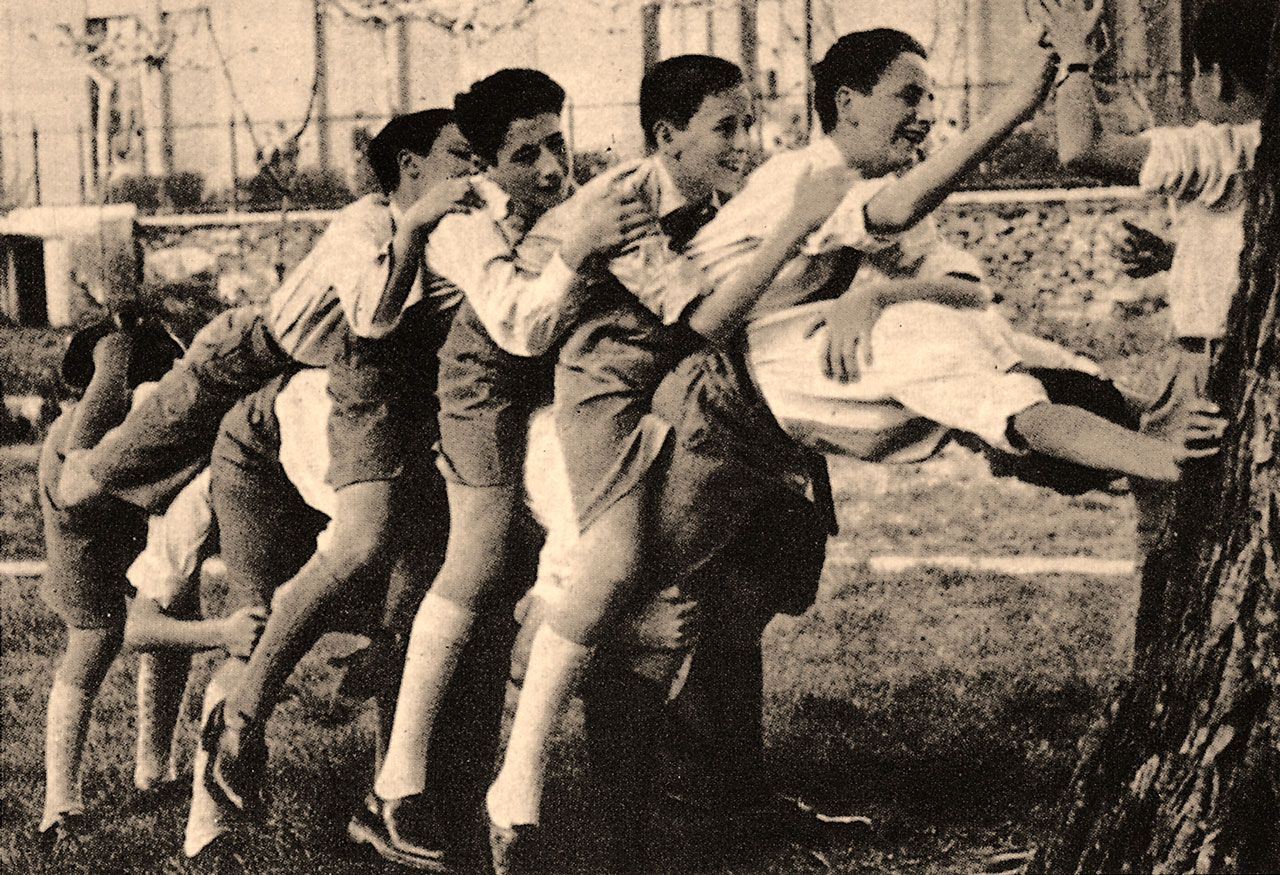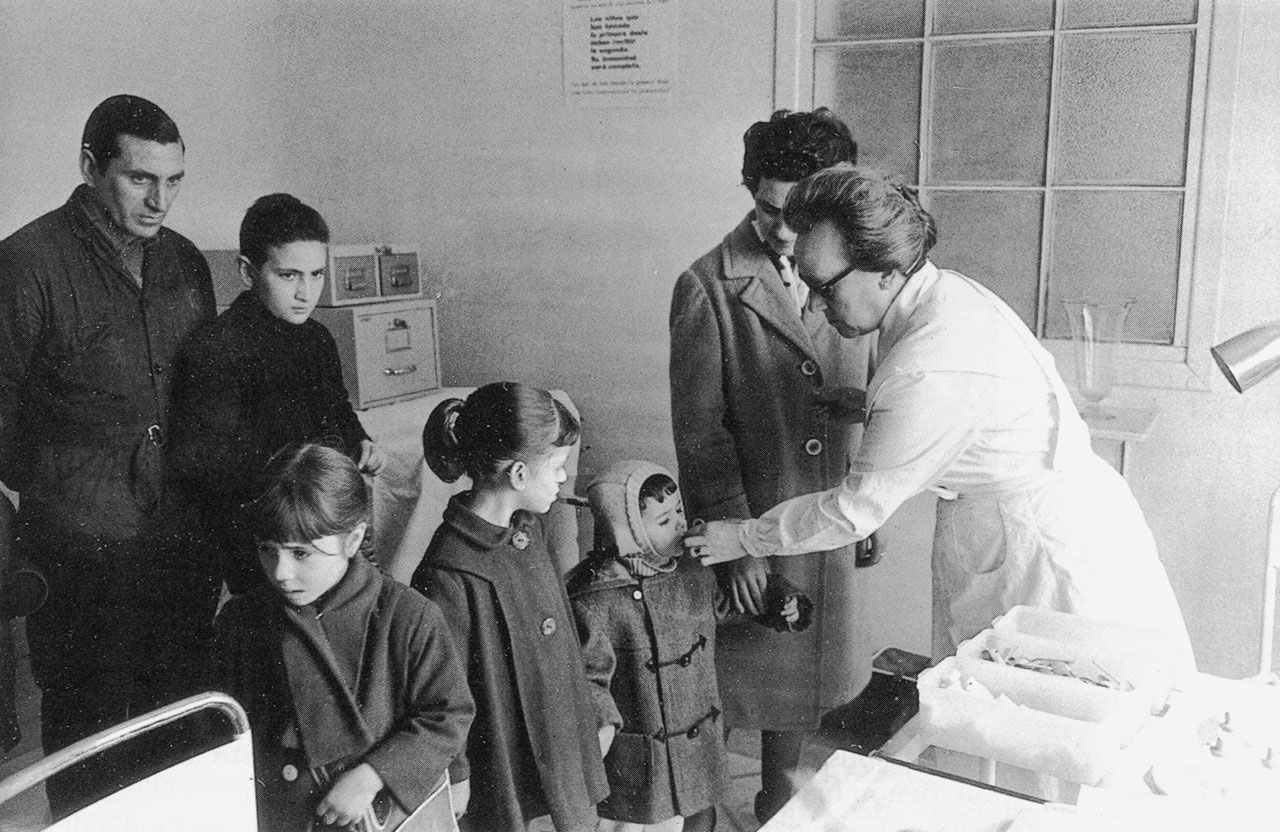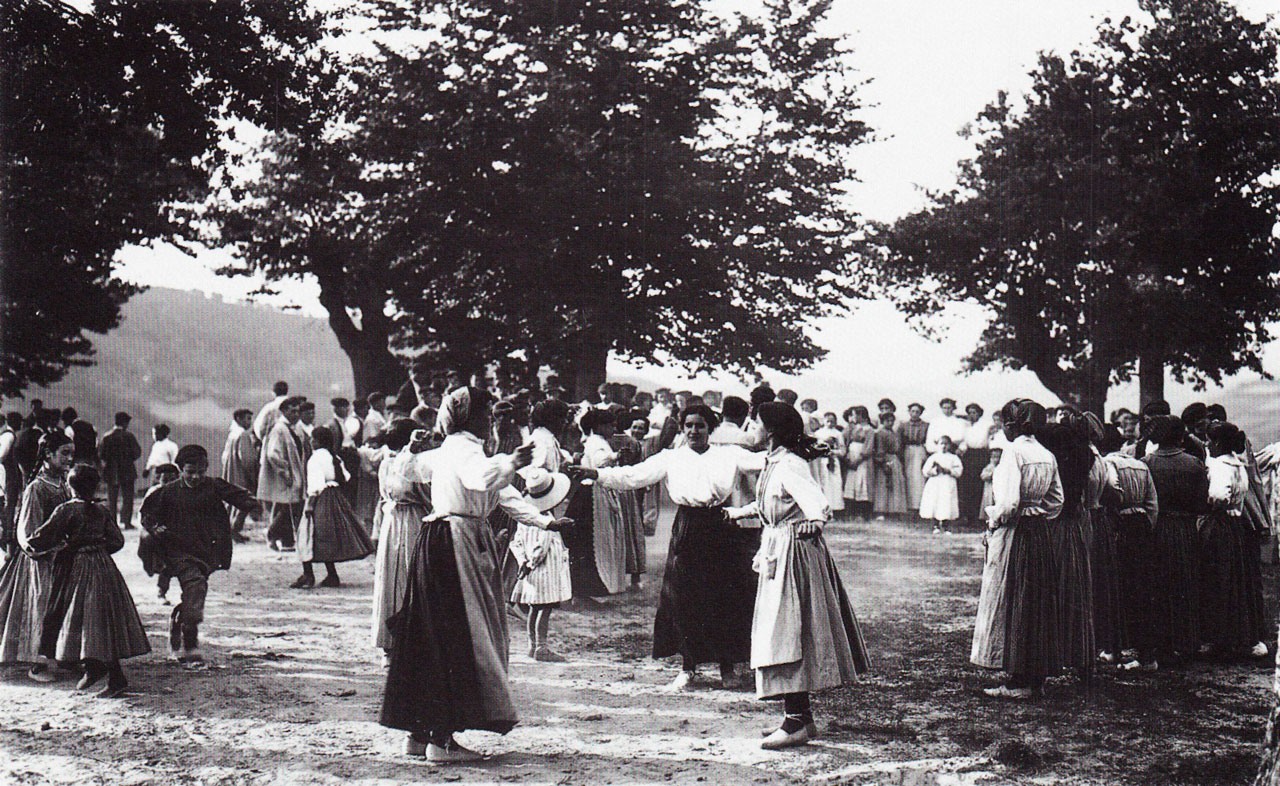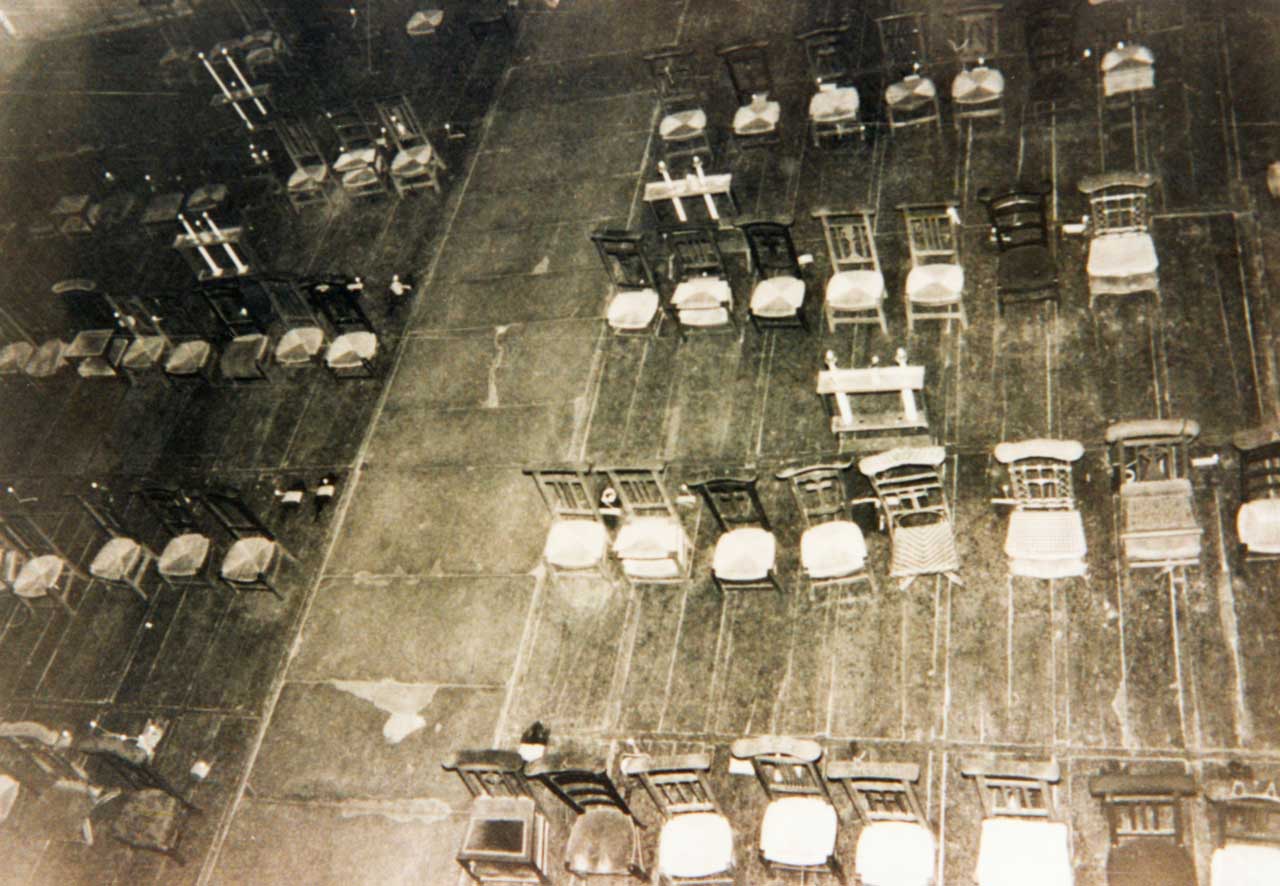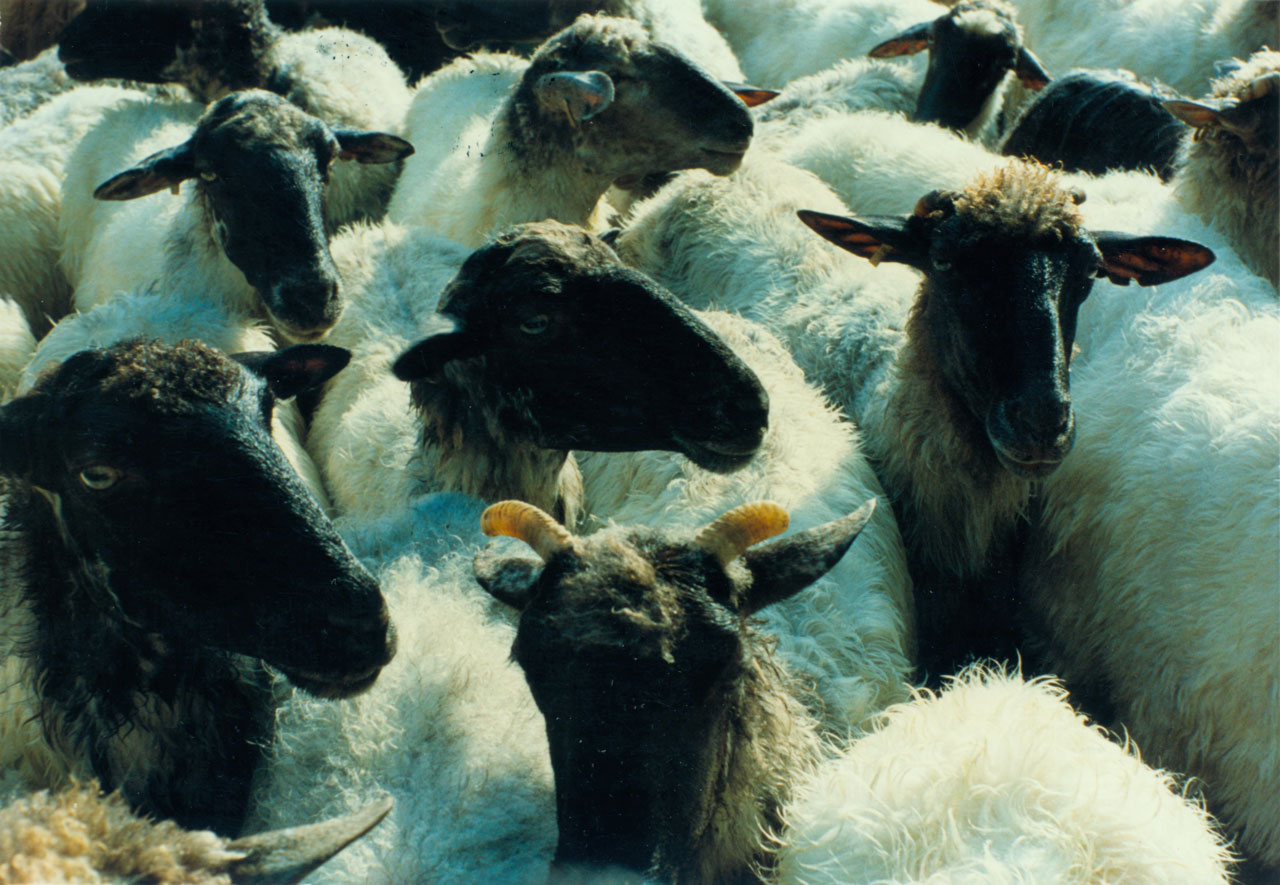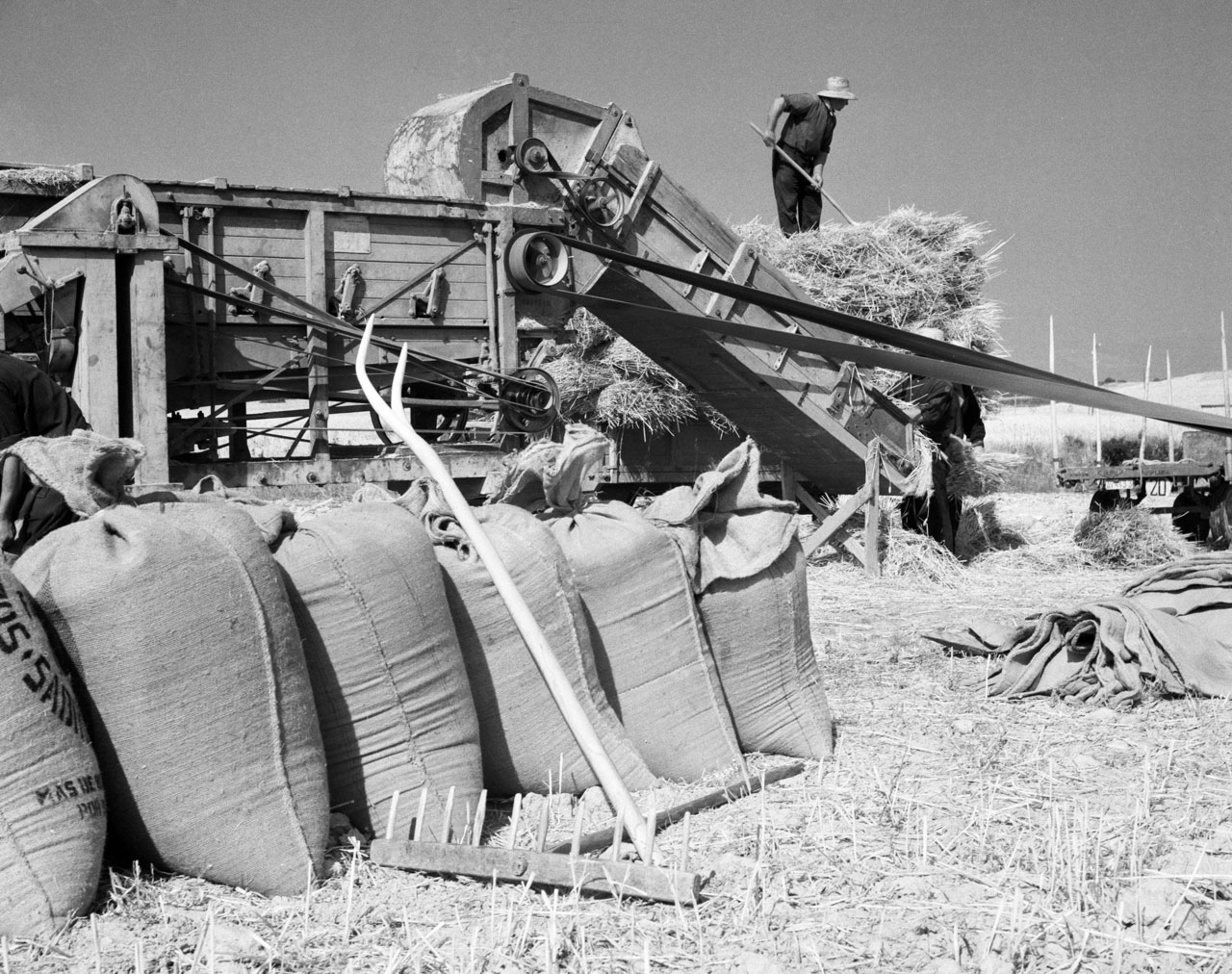Main Page/en
De Atlas Etnográfico de Vasconia
Revisión del 15:00 10 feb 2020 de Admin (discusión | contribuciones)
Zurututza Farmhouse. Zeanuri (B), c. 1925. Source: Labayru Fundazioa Photograhic Archive: Felipe Manterola Collection.
House and Family in the Basque Country


House and Family in the Basque Country
Etxeko habeak, etxeko berri. A fool knows more in his own house than a wise man in another’s.
Family Diet in the Basque Country


Family Diet in the Basque Country
Ogi erre berri, etxe galgarri. Soft bread at home, an unruly household.
Vegetal clothing and accessories. Egozkue (N), 1967. Source: José Zufiaurre, Etniker Euskalerria Groups.
Children’s Games in the Basque Country


Children’s Games in the Basque Country
Akerrak adarrak okerrak ditu, adarrak okerrak akerrak ditu, okerrak adarrak akerrak ditu. Tongue-twister
Traditional Medicine in the Basque Country


Traditional Medicine in the Basque Country
Osasuna, munduko ondasuna. The first wealth is health.
Dancing during patronal celebrations. Zeanuri (B), 1922. Source: Labayru Fundazioa Photograhic Archive: Felipe Manterola Collection.
Rites from Birth to Marriage in the Basque Country


Rites from Birth to Marriage in the Basque Country
Young men and women would meet during the Sunday stroll, dances and pilgrimages.
Funeral Rites in the Basque Country


Funeral Rites in the Basque Country
Each homestead used to have a burial site inside the church’s nave. When burials were transferred to cemeteries, the once real burial site in church became a symbolic family grave, were offerings of light and bread were made to their dead.
Livestock Farming and Shepherding in the Basque Country


Livestock Farming and Shepherding in the Basque Country
The permanence of shepherding in the mountains of the Basque Country over centuries may help understand the fact that denominations given to diverse species of livestock, as well as to the implements used, form a distinguishing lexical corpus, independent from Indoeuropean languages.
Agriculture in the Basque Country


Agriculture in the Basque Country
Maiatz luzea, gosea; garagarrilak ekarriko du asea. A very wet May, much straw and little grain.


